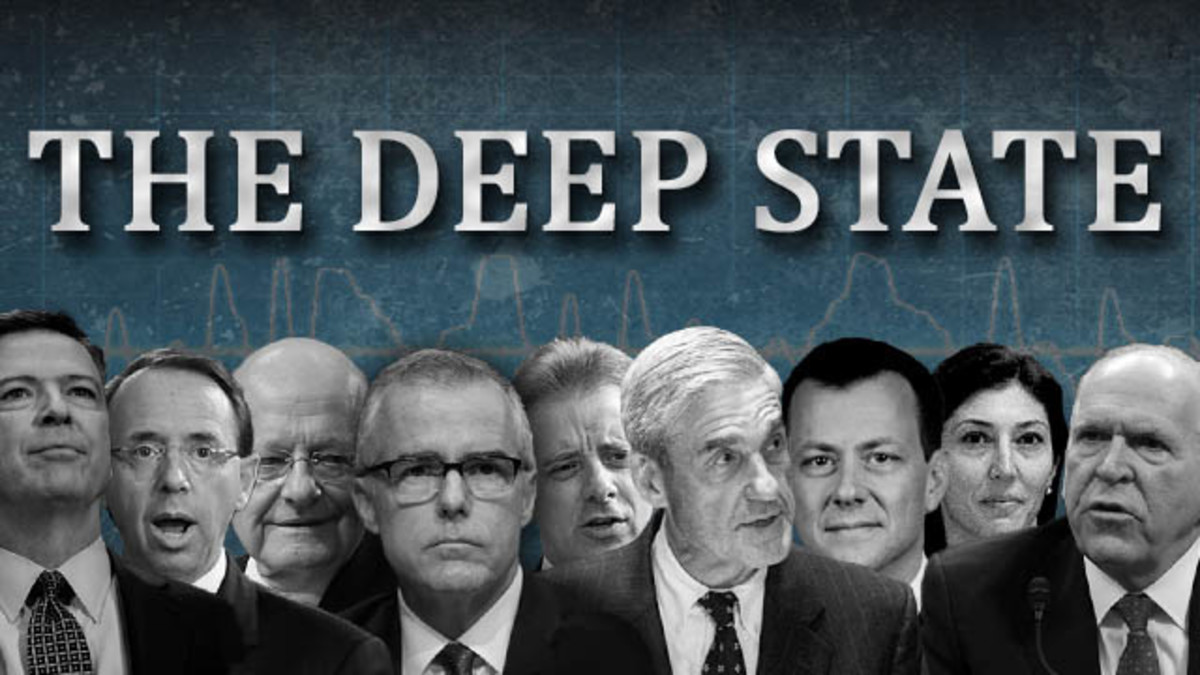Possible consequences of a rational-legal bureaucracy
administrative structures, formalized rules, and impersonality in office
Organization theories are useful in helping administrators identify important aspects of policy issues and management situations. In assessing real-life events, described below are the possible consequences of a “rational-legal” bureaucracy (with reference to hierarchical administrative structures, formalized rules, and impersonality in office) as a means to promote professionalism in the service and institutionalize efficiency in the government
In the real life event, the possible consequence of a “rational-legal” bureaucracy is that it is almost always impossible to achieve it perfectly due to the following reasons.
Firstly, the obvious fact that ‘the best’ do not always live up to their name points up one of the major weaknesses of ‘bureaucracy by the best,’ namely, the difficulty in determining who ‘the best’ really are. To meet the requirements for being best qualified to lead, more is necessary than just being competent, rich, of noble blood, or capable of military prowess and so on; not to emphasize the extensive knowledge of theories of bureaucratic procedures and techniques.
It is not difficult to ascertain who the best doctors, cooks, or shoemakers are. We simply view their work or their products. With government – especially the bureaucratic offices, however, the situation is not so easy. The difficulty is that people disagree as to what a government should be and what it should do; much more on what type to bureaucracy they should have. Also, the goals of government are continually changing, so do with its civil service. Thus, it remains quite uncertain as to who will sit at the top bureaucratic offices.
For a rational bureaucracy to be the best and to be really the best, the leaders would have to be chosen by someone with superhuman knowledge and infallibility in judging. The chosen would have to be individuals of unbreakable moral integrity, completely devoted to the immutable goals of their government. Their willingness to put the welfare of others before their own would have to be beyond doubt.
However, the above ideals are simply unattainable due to the fact that it needs a superhuman skills to set a perfect “rational-legal” bureaucracy. In my own ideal the bureaucracy will shower the people –its subjects-- with the blessings of lasting peace, security, and happiness. Could any bureaucratic offices in the government—even a ‘government by the best’—was able to attain such as of today? There is none as of this date.
Of course, you may say that I am too idealistic, but I would rather say that I just reflect what everybody else wants. And if only that a certain perfect system could ever be devised by man then everybody would be happy.
Secondly, if the bureaucratic office was able to attain the trust and stability, they have the tendency to became “Oligarchic.” This “Oligarchic” tendencies have been detected in all the great bureaucratic structures of advanced political systems, including the “rational-legal” bureaucracy. The Britain, the United States and other economically powerful countries have their bureaucratic tendency to take care much of itself not the people it serves. The growing complexity of modern society and its government thrusts ever greater power into the hands of administrators and committees of experts. Even in constitutional regimes, no fully satisfactory answer has been found to the question of how these bureaucratic decision makers can be held accountable and their powers effectively restrained without, at the same time, jeopardizing the efficiency and rationality of the policy-making process.
If, there is no perfect system of holding these top officers of bureaucratic office accountable, aside from the fact that they are expert in ways on how to cover-up there mess, the ideals it carries will not be enduring.
Thirdly, officers are just but human. Pessimistically speaking, humans have the great tendency to cling and base their decisions on emotional impulse. Well, ideally this should not be, but the reverse is true in the real life situations. Emotional control and emotional intelligence is the key to holding the top-office in the bureaucracy if we want it to be enduring.
The theories of Max Weber about the rational-legal bureaucracy emphasize the impersonality of the person governing in the bureau. He said that officials of the government must abide by the rules and not give-in to emotion or personal attachment to anyone or anything. His idea is so ideal that if only rulers could apply it the rational-legal bureaucracy must be a perfect system. But the reality is fall-short of the standards set by Weber.
Let me cite my categorical example, the office of DepEd formerly the DECS. Before Raul Roco’s time the DECS was one of the most corrupt civil bureau in this country, base on some statistics conducted by Pulse Asia and others. When Roco became the secretary of DepEd, the statistic was reverse in the latters favor. Corruption was reduced. Efficiency was attained. Impersonality was partly achieve. But the sad thing is the ideal he set did not last long. He eventually resign as a DepEd secretary due to his personal reason. He even he, was cited for corrupt practices. His political motives and aspirations forced him to withhold his true ability in performing his duties in the civil service.
Now look again at DepEd, like a pig that wallows in its mud after it has taken a bath, the traditional and embedded “SOP’s” of corruption returned again. What does it to prove, no perfect rational-legal bureaucracy was ever attain as of this date.
But of course, I am not losing hope. I am a person of high ideals and have an optimistic view in the future. I am still hoping that someday, there will be officers, an enduring officers and an enduring perfect system in the society that will ever be developed by man. After all, what is the use of this course, of learning these theories of bureaucratic models, if I for my part can not apply it in the future. The cumulative learning and knowledge I may ever achieve will somehow makes me contribute in at least in a little way to such a perfect system. Being one student of this course I am urged to actively participate when in someday I was given the opportunity to sit at one of the top offices of the government. Because failure is not in the fall but in failing to rise.
Learning from mistakes is the stepping stone to success; this is true also in experimenting by our government with lots of bureaucratic models. In leading the offices of the government, we are constantly learning. And the positive consequence in the future is that we will achieve the essence of a perfect rational-legal bureaucracy.



![Education - Solution 3 - Revamp How Education is Organized in America. [33]](https://usercontent2.hubstatic.com/4346237_f120.jpg)


